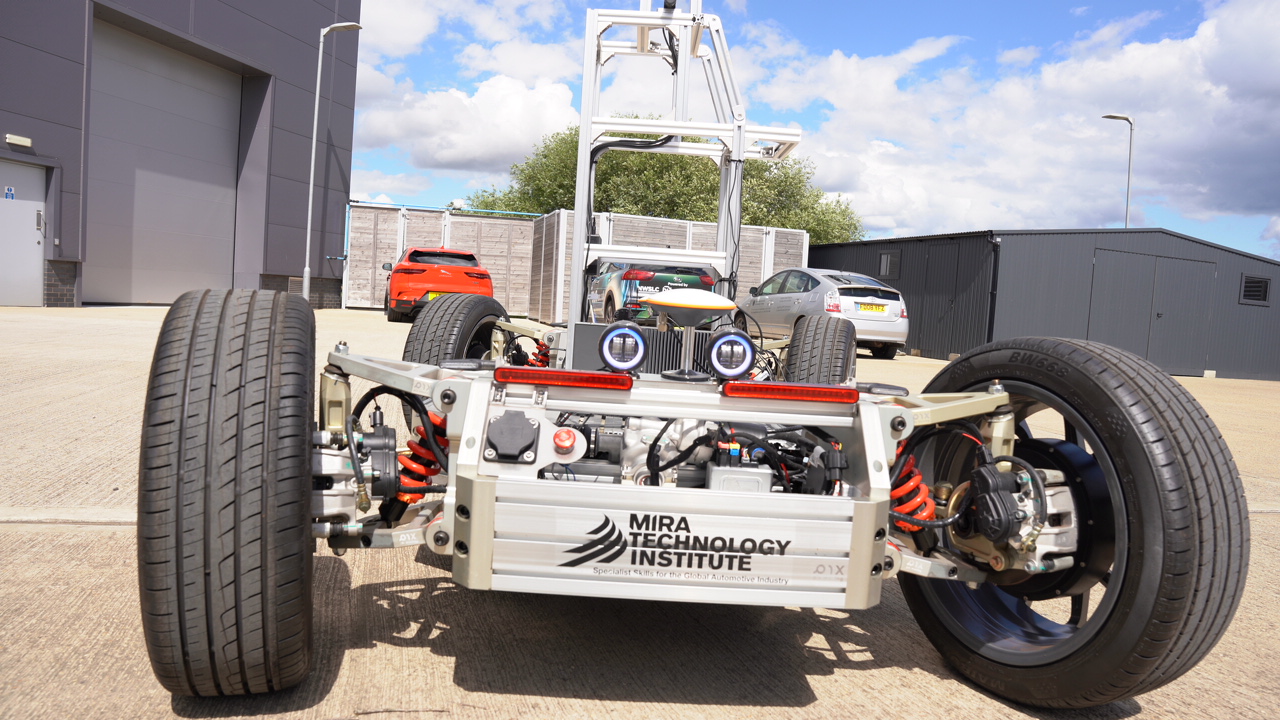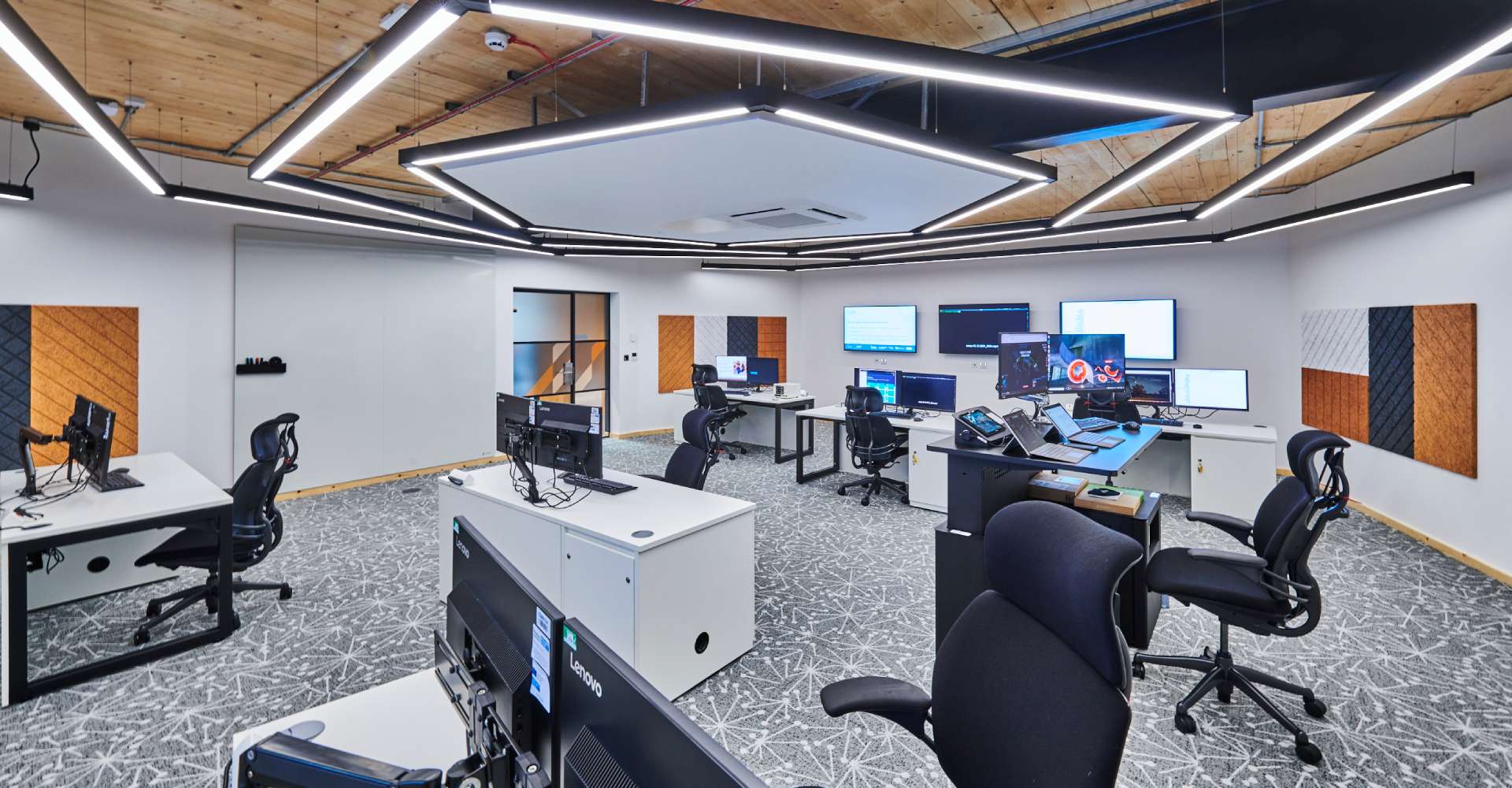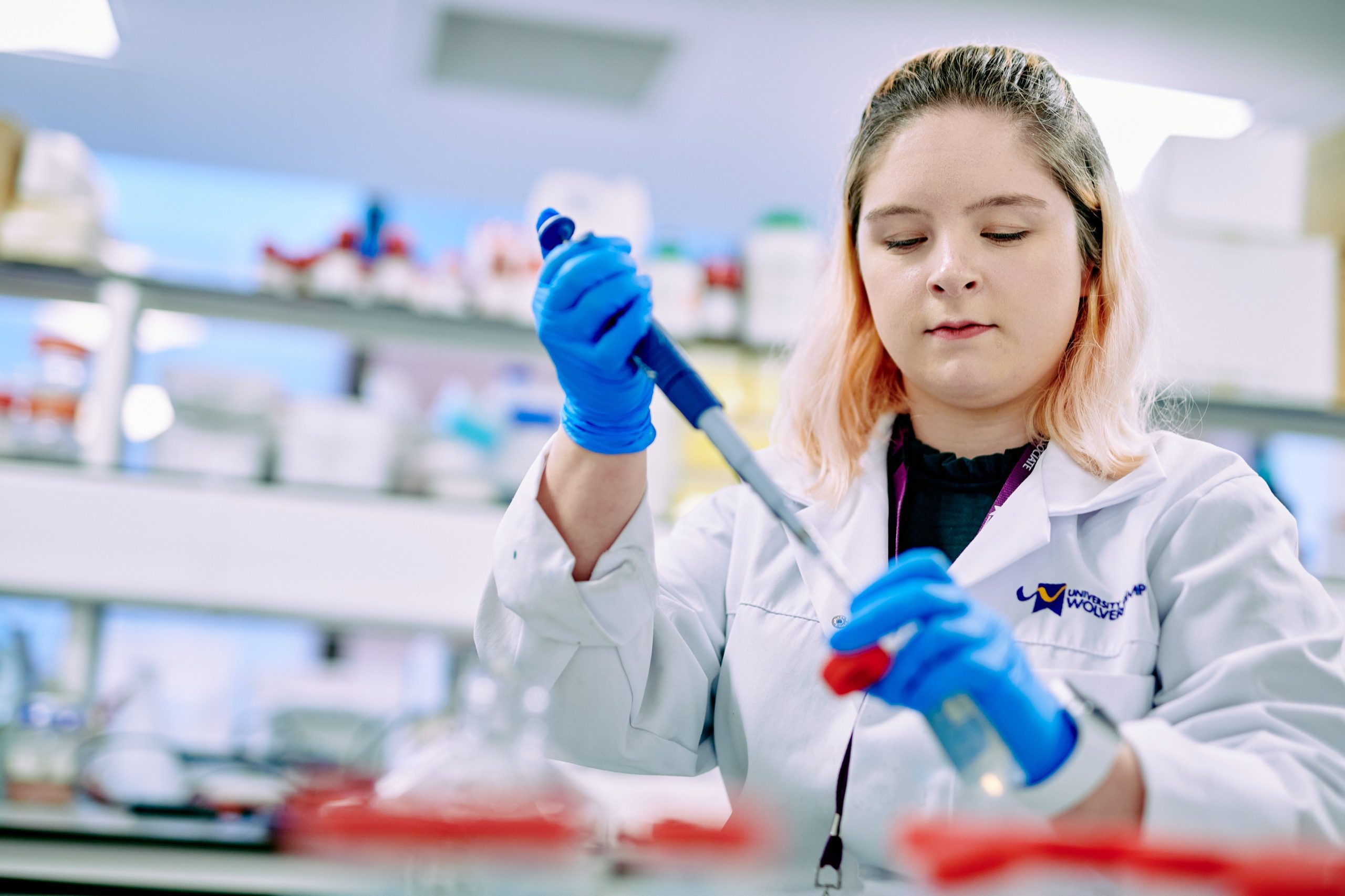Life Changing Science: It Starts Here
Bold ideas, talent and ambition
For centuries, the West Midlands has been the place where revolutions begin. From the Industrial Revolution that reshaped the world to the ongoing tech revolution of today, this is a region where innovative dreams meet the infrastructure, talent, and ambition that, together, change lives. We are transforming the life sciences industry with bold new ideas and the expertise to make them a reality.
Few regions can rival the concentration of world-leading medical schools, research universities, and specialist hospitals clustered within the West Midlands. This unique ecosystem creates a constant exchange between entrepreneurs and researchers – the perfect conditions for developing new medicines, treatments, and medical technologies.
Innovations that improve lives
But the story is more than bricks and mortar. It’s about people. Through his company Nonacus, Chris Sale, Chief Commercial Officer and co-founder, is pioneering next-generation cancer diagnostics by reducing the need for invasive needles. His team is developing non-intrusive, non-painful alternatives to traditional cancer biopsy methods – innovations that promise to change outcomes and wellbeing for patients worldwide.
Enabling companies and scientists to solve tomorrow’s problems
Across the city, Gino Martini leads the Precision Health Technologies Accelerator (PHTA), soon to be the UK’s largest life sciences accelerator. Located in Birmingham’s Knowledge Quarter – just minutes from the Queen Elizabeth Hospital, the University of Birmingham, and Birmingham Airport – PHTA is a gateway for global innovators. The PHTA is a facility for scientists to work together in a cooperative way. It provides collaboration space, wet labs for experimenting and meeting rooms, with experts on hand due to the close proximity of the university and the medical school. Gino said that the aim is to create an environment that brings people with different backgrounds together and allows conversations about new ideas to flourish.
Changing medicine – for the better, for everyone
The region’s Innovation is built on collaboration. At Medherant, Medical Director Karolina Afors and Professor Dave Haddleton are proving how ideas move seamlessly from lab bench to business. The company is developing transdermal drug delivery systems with the potential to revolutionise how patients take medicine. For them, the West Midlands offers not just talent but the culture to turn ideas into impact – where every problem solved has the potential to become a product, a business, and a benefit to society.
The spirit of the West Midlands
We’re not content to rest on our history but determined to pioneer the next frontier. From the first X-ray of the spine to the first treatment for brain cancer, our region has always pushed medical boundaries. Today, with its thriving ecosystem of universities, accelerators, and entrepreneurs, the West Midlands is shaping longer, healthier lives.
Life-changing science starts here.
Video Transcript
Gino Martini (Chief Executive, Precision Health Technologies Accelerator):
The largest medical schools, some of the largest universities and large hospitals can all be found in the West Midlands.
And that’s where you need to be if you want to develop a new medicine, and new treatments or a new medical device.
Chris Sale (Chief Commercial Officer and Co-founder, Nonacus):
That kind of concentration of research, academic and clinical excellence is fantastic for a life sciences company like us.
Innovation and creativity is really thinking about what the ultimate need of the patient or end user of a product in that life science space is.
So, I think we’re really pioneering and spearheading new tests and new ways of testing cancer patients, to really develop our test, which will massively benefit patients.
Gino Martini:
PHTA will be the largest life science accelerator in the United Kingdom.
Our location is actually quite unique. We are five minutes from a train station, five minutes from one of the biggest medical schools in the UK. One of the biggest hospitals in the UK. And a very large research-intensive university, called the University of Birmingham.
It’s that access, that rich diversity of the patient population, that makes it a great talent pool to develop new medicines and actually to set up a business.
Karolina Afors (Medical Director, Medherant):
I think innovation creativity within life sciences is about working together cohesively as a team.
What I like about it is – certainly at Medherant, if there’s an idea that somebody has got, there’s no idea too small or trivial. You can bring it to the table, and we’ll all discuss it and see how best to tackle it and see if it’s an opportunity.
David Haddleton (Professor of Chemistry, University of Warwick; Founder, Medherant):
We’ve always been looking for ways to make our science solve problems. If we can solve a problem, then potentially commercialise it, take it out of the academic environment, and employ people and actually benefit society.
We have also spun off some companies. The latest one is called Medherant – that does transdermal drug delivery – that we’re trying to build it in Coventry.
What we tap into is the workforce. We have a number of large universities that are training people in different skills.
Gino Martini:
Quite frankly, the life sciences ecosystem in Birmingham is as good as anything I’ve seen.
I want to raise that profile. You know, the first X-ray of the spine was done here. The first treatment for brain cancer was developed in the West Midlands. The first understanding of how anti-inflammatories worked was in the West Midlands.
All:
West Midlands – pioneering longer, healthier lives.
It starts here.



